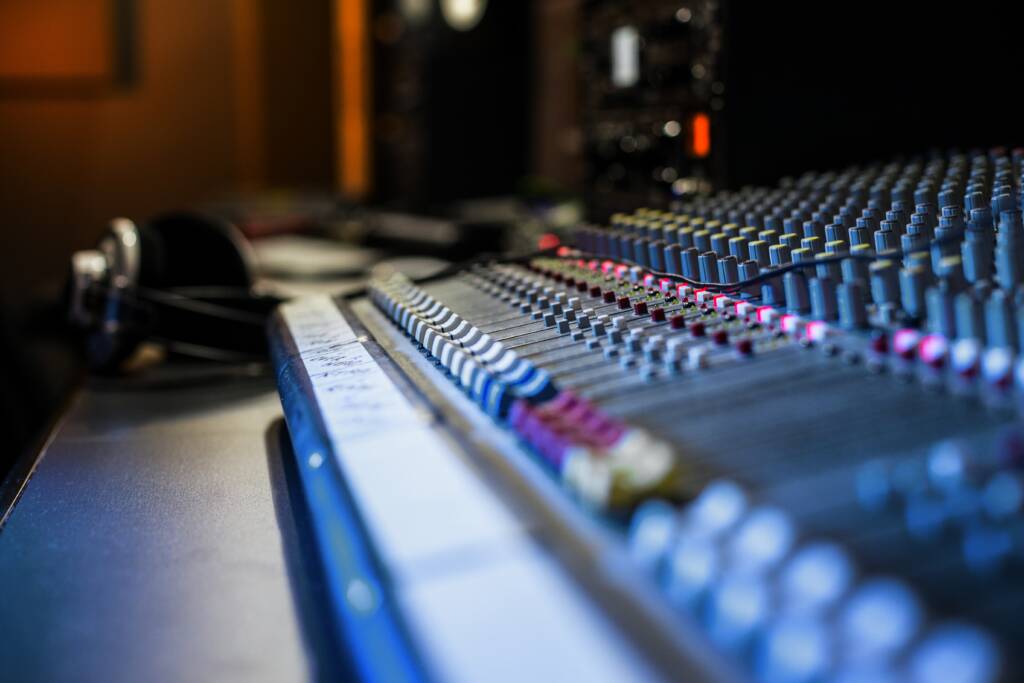The world of film scoring has been deeply influenced by the remarkable contributions of Hans Zimmer. Known for his innovative approach to cinematic music, Zimmer has left an indelible mark on the industry. Throughout his illustrious career, he has worked on some of the most iconic films, such as “The Lion King,” “Inception,” and “Interstellar,” enchanting audiences worldwide. This blog post delves into Hans Zimmer’s impact on modern film scoring and explores how his work is reflected in contemporary film scores.
Pioneering a New Sound in Film Scoring
Hans Zimmer introduced a new sound to the world of film scoring, relying less on traditional orchestral arrangements and more on synthesizers and electronic elements. This innovative approach allowed him to create atmospheric, immersive soundscapes that perfectly complement the visuals of modern films. By blending different genres and collaborating with diverse musicians, Zimmer showed filmmakers that there are no boundaries when it comes to crafting a compelling film score.
Emphasizing the Emotional Core
One of the main reasons behind Hans Zimmer’s success is his ability to evoke emotions through his music. He meticulously crafts his compositions so that they become an intrinsic part of each scene, amplifying the emotional impact without overpowering the visual narrative. For example, in “Interstellar,” Zimmer’s organ-driven score magnificently highlights themes of love, sacrifice, and humanity’s quest for survival.
Influencing a New Generation of Composers
Hans Zimmer’s creative genius has inspired a new generation of composers who eagerly follow in his footsteps. His proteges include well-known composers such as Ramin Djawadi (“Game of Thrones,” “Westworld”), Henry Jackman (“Captain America: The Winter Soldier,” “Wreck-It Ralph”), Lorne Balfe (“Mission: Impossible – Fallout,” “The Lego Batman Movie”), and many others. These composers have taken Zimmer’s stylistic elements and incorporated them into their own unique sound, demonstrating his far-reaching influence.
The Zimmer Effect in Contemporary Film Scores
One cannot discuss contemporary film scores without acknowledging the “Zimmer effect.” Many modern film scores utilize his signature techniques, such as bold percussion, minimalist melodies, and a frequent use of ostinatos – short repeating patterns that add tension and suspense. The integration of electronic elements in today’s film scores can also be attributed to Zimmer’s pioneering work in this domain.
In conclusion, Hans Zimmer’s impact on modern film scoring cannot be overstated. His innovative techniques, emotional depth, and effortless blending of genres have paved the way for a new era in cinematic music. As contemporary composers continue to learn from his vast body of work and apply his groundbreaking methods, the world waits with bated breath to experience the next chapter in the symphony of film scoring.



